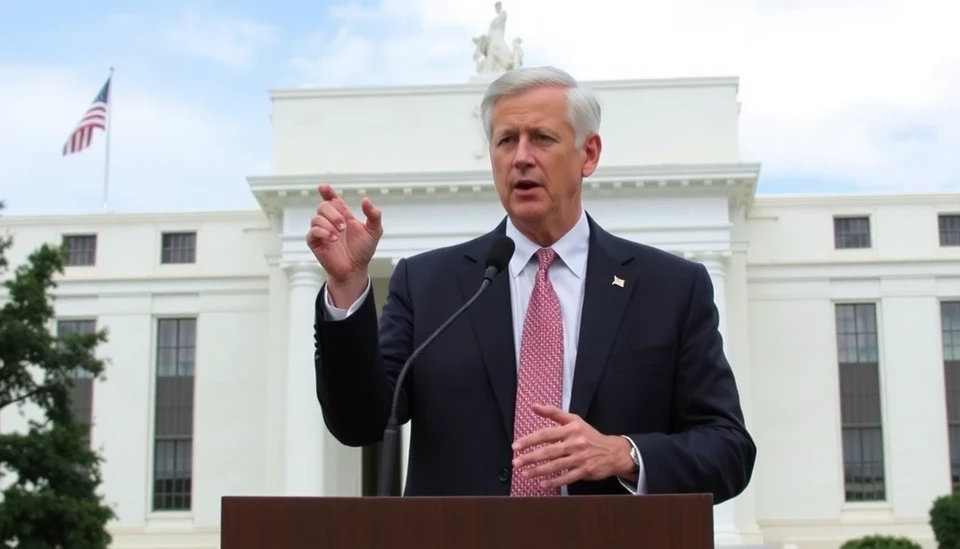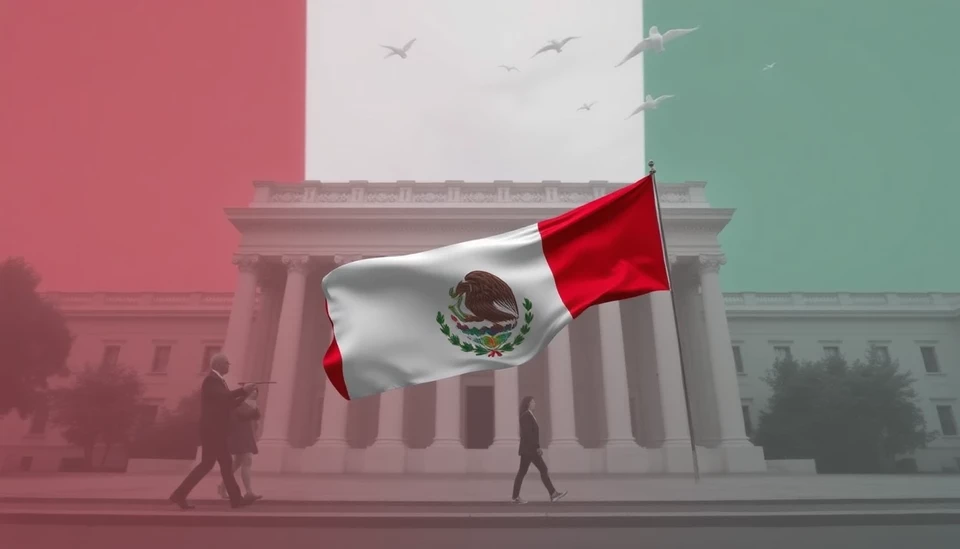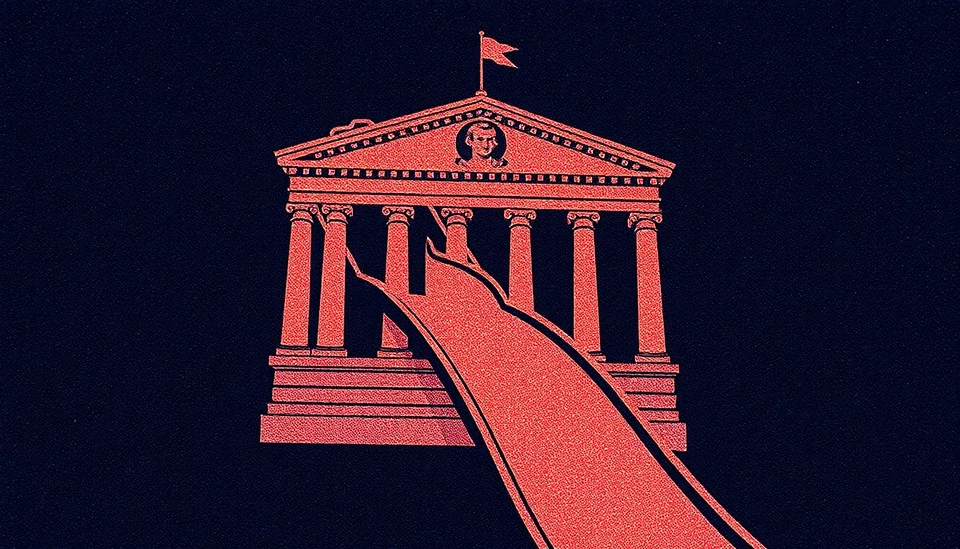
In a surprising turn of events, recent data indicates that inflation in the United States has risen more than analysts had anticipated. This uptick in consumer prices has raised alarms, as it poses significant implications for both the U.S. economy and interconnected global markets. The Consumer Price Index (CPI), a critical measure of inflation, showed an increase that surpassed forecasts, stirring discussions among economists and policymakers alike.
According to the latest report released by the Labor Department, inflation accelerated to a year-over-year rate of 4.4% in September, marking an increase from 4.3% in August. The rise was driven primarily by higher energy costs and a rebound in food prices. Experts had expected inflation to remain steady, which adds to the unpredictability of current economic conditions.
This inflationary trend raises crucial questions regarding future monetary policy. The Federal Reserve has been closely monitoring inflation metrics, and this new data may compel the central bank to reconsider its strategy regarding interest rates. As discussions unfold, many are speculating whether an increase in rates might be on the horizon to combat rising inflation, which would influence borrowing costs and consumer spending significantly.
The repercussions of this inflation surge are not confined to the United States. Global markets are already feeling the pressure, as investors reassess their positions amid concerns that rising prices in the U.S. could lead to slower economic growth worldwide. This scenario has the potential to impact the recovery trajectories of various economies, particularly emerging markets that are closely linked to U.S. economic performance.
As inflation continues to be a focal point, many consumers are feeling the pinch. Rising prices for essential goods and services, particularly in the energy and food sectors, are placing a strain on household budgets. Families are now grappling with the realities of increased expenses, potentially altering their spending habits and overall economic participation.
In response to this situation, some economists suggest that targeted measures may be necessary to alleviate the burden on consumers. These could include temporary subsidies for energy costs or a reevaluation of tariffs impacting food prices. However, the effectiveness of such measures remains to be seen, especially in a climate of rising inflationary pressures.
The economic outlook remains mixed as uncertainty looms. While some analysts predict the inflation peak is behind us, others argue that without strategic interventions, inflation could remain a significant hurdle for the economy moving forward. As stakeholders across various sectors keep a watchful eye, the coming weeks will be pivotal in determining the trajectory of inflation and its effects on the broader economy.
The critical question remains: How will the Federal Reserve respond, and what will be the implications for both U.S. and global markets? As investors and consumers await clarity, discussions surrounding inflation and economic growth will continue to dominate headlines.
As we navigate these turbulent waters, the focus will be on how quickly policymakers can react and what measures they will implement to stabilize the economy. In a world already grappling with a myriad of challenges, this surge in inflation has introduced yet another layer of complexity into the economic landscape.
While uncertainty abounds, one thing is clear: staying informed and prepared will be essential for businesses and consumers alike as the economic situation evolves.
#Inflation #USEconomy #GlobalMarkets #ConsumerPrices #FederalReserve #EconomicPolicy #InterestRates #EconomicOutlook
Author: Rachel Greene




